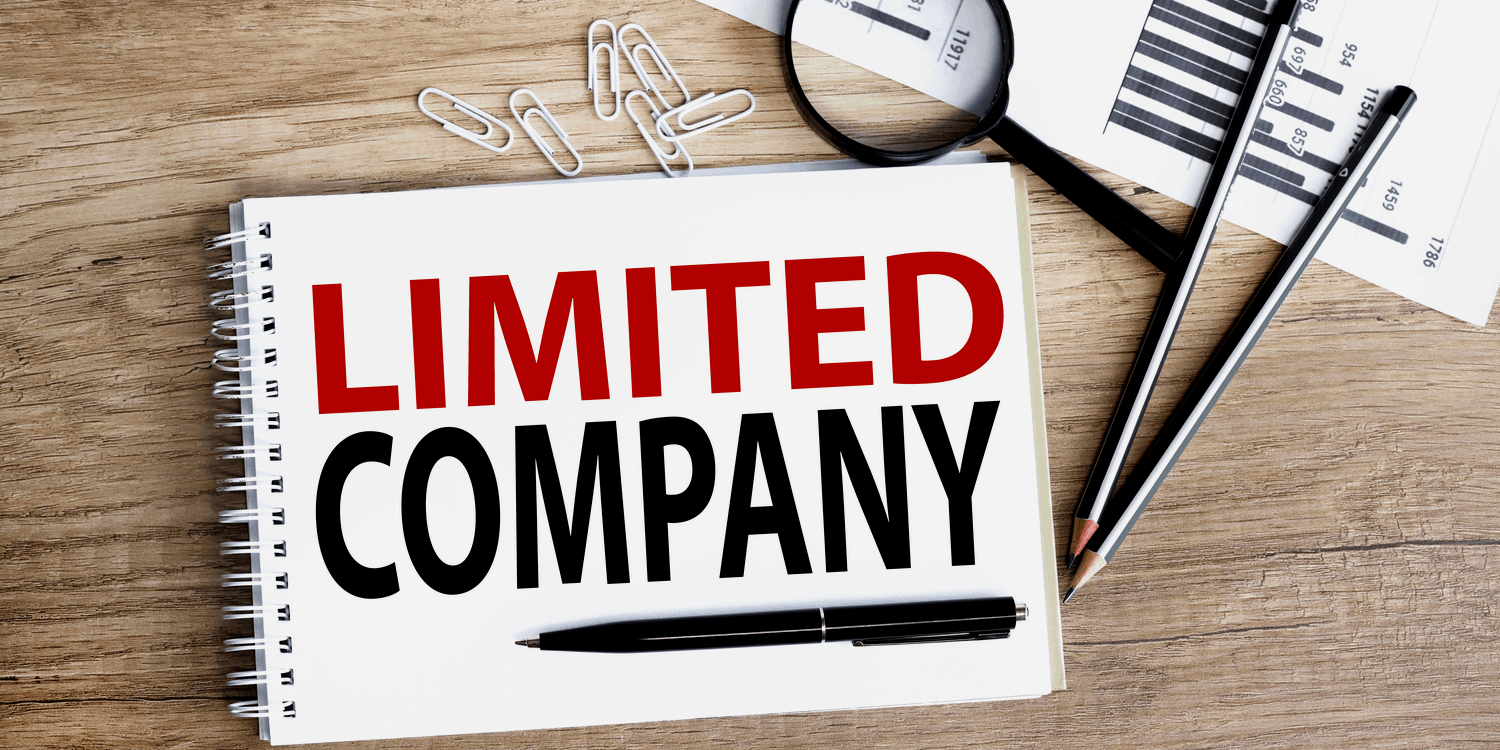The majority of incorporated businesses in the UK are companies limited by shares. According to Companies House statistics, since 2004, private limited companies have consistently accounted for over 96% of all corporate body types, with over 4 million currently in existence.
A company limited by shares is generally set up with the intention of being a profit-making organisation. This is in contrast to a company limited by guarantee, which is often a charitable or non-profit enterprise.
Key takeaways
- Companies limited by shares protect shareholders’ personal assets from company debts, limiting liability to their investment amount.
- Setting up a company limited by shares involves choosing a name, appointing directors, and registering with Companies House.
- Unlike sole traders and partnerships, companies limited by shares offer liability protection, making them a safer business structure.
A company limited by shares must have at least one share and one shareholder. It can retain any profits it makes after paying tax, paying these out to shareholders as dividends.
Being “limited by shares” means that the liability of the shareholders to any creditors is limited to the amount of capital originally invested, which equates to the nominal value of the shares. In other words, the shareholders in a company limited by shares will only lose their shares; all their personal assets are protected.
If a shareholder has not paid up the whole value of their shares, then they will be liable for any outstanding amount owed in respect of these shares.
How is a company limited by shares defined by law?
A limited company is defined under section 3 (1) of the Companies Act: “A company is a ‘limited company’ if the liability of its members is limited by its constitution. It may be limited by shares or limited by guarantee.”
Section 3 (2) goes on to specifically define a company limited by shares: “If their liability is limited to the amount, if any, unpaid on the shares held by them, the company is ‘limited by shares’.” Therefore, a shareholder will only be liable to the extent of any unpaid amounts on their shares.
The “liability” refers to the legal requirement for the company shareholders to personally cover any monetary shortfall relating to company debts in case of insolvency.
Trading as a company limited by shares essentially serves to limit the liability, preventing creditors from pursuing company debts from shareholders personally. The liability of shareholders is thus limited to the amount they have agreed to pay for their shares.
How can I form a company limited by shares?
The main steps in setting up a company limited by shares are:
- Choose a company name
- Choose at least one company director
- Choose a company secretary (if relevant)
- Decide on the company shareholders and shareholding
- Identify people with significant control (PSCs)
- Register the company with a company formation agent or Companies House
As well as registering a new company limited by shares, the directors will need to register with HMRC for the purposes of corporation tax. And it might also be necessary to register for PAYE, Self Assessment, and VAT.
Are all companies limited by shares?
Most corporate bodies in the UK are private companies limited by shares. A public liability company (PLC) is another form of a company limited by shares. However, a PLC can offer its shares for sale on the stock exchange to the general public.
However, there are also incorporated entities that are not limited by shares.
As mentioned above, companies limited by guarantee are generally set up for charitable purposes and do not have shares or shareholders. But the liability of the guarantors for company debts is limited to the amount of their guarantees – which is normally a nominal amount such as £1. So this also offers protection for the company owners, similar to that offered to shareholders in a company limited by shares.
A limited liability partnership (LLP) is another corporate body that also provides protection for its members from liability for business debts. An LLP does not have shares or shareholders.
The most popular form of business in the UK, sole proprietorship (i.e. sole traders), does not provide any form of protection from liability. And nor do partnerships.












Join The Discussion